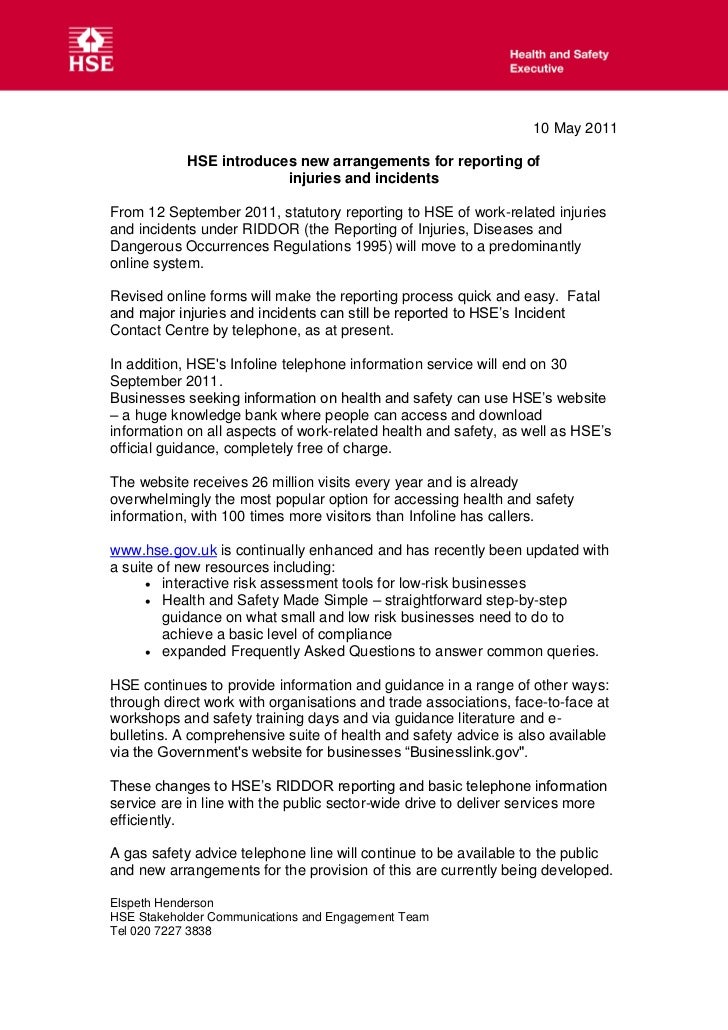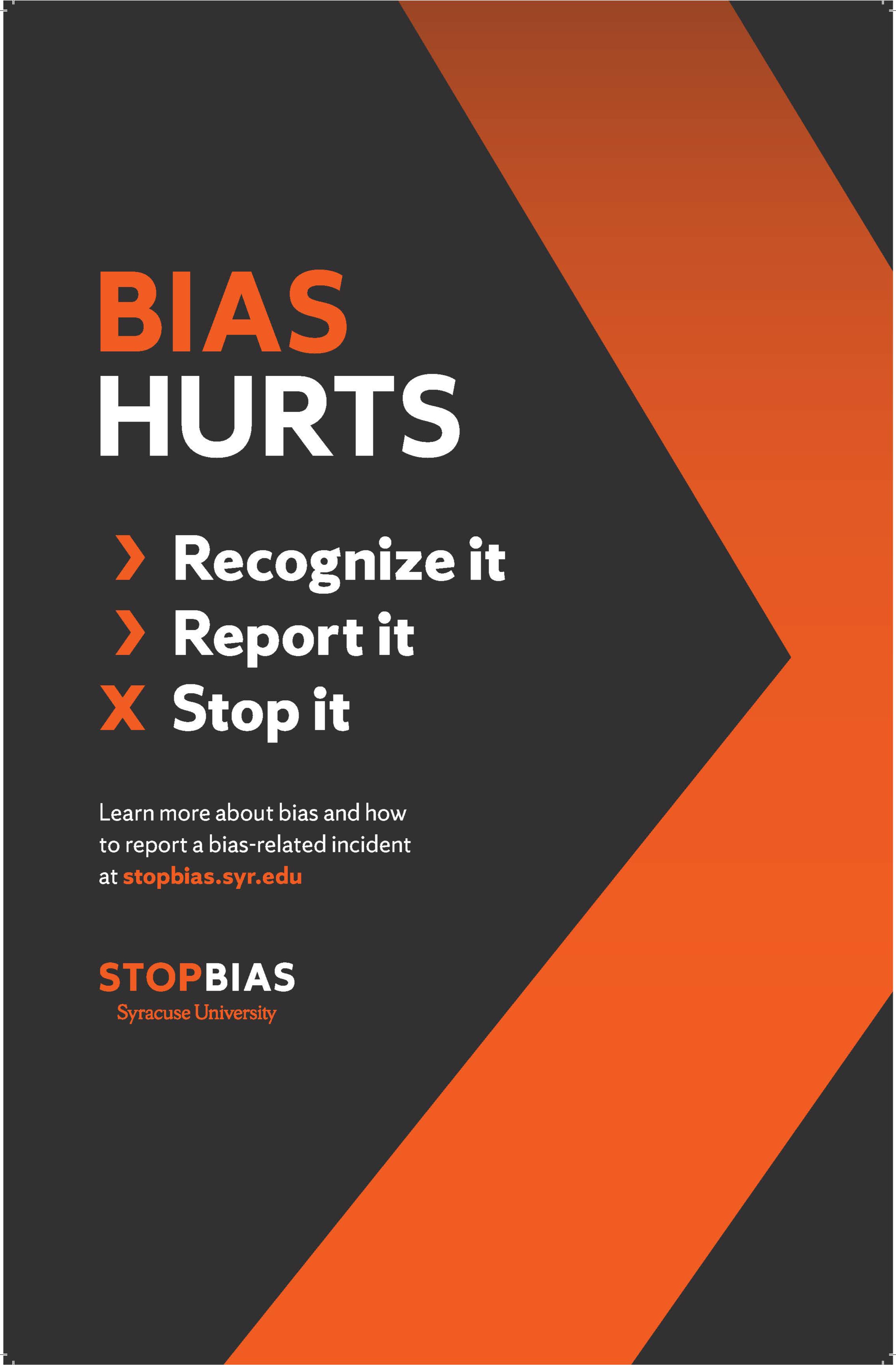Rsg Gambling Incident Report
Self-exclusion (or self-banning) is a voluntary process where a person with a gambling concern excludes themselves from areas of specific gambling venues, or online providers. It can provide a concrete tool to help keep you safe from excessive gambling.
 Print
PrintSelf-exclusion (self-banning) is when you ask a gambling venue to exclude you from the venue or a gambling activity offered at the venue.
- RESPONSIBLE GAMBLING INCIDENT REPORT Member’s or patron’s details. Was suggestion made to member or patron to consider self-exclusion at other gambling venues?
- FAIL RPT ACC.Failure to Report and Accident FAIL RPT FEL.Failure to Report a Felony. Interstate Gambling Activities IGB.Illegal Gambling Business.
- RSG Training Course Delivered Online with Same Day Certificate! Valid in QLD, NT, WA SITHGAM001 Provide Responsible Gambling Services This course provides a nationally recognised SITHGAM001 Provide Responsible Gambling Services Statement of Attainment and to provide responsible gambling services, and information to customers who require assistance with their problem gambling.
By law, venues are required to assist any person requesting a self-exclusion. Once in effect, self-exclusion remains in force for up to 5 years, but you have a cooling-off period of 24 hours.
A nominated person at the venue (usually known as the customer liaison officer) should explain the exclusion process to you. They are required to provide you with the self-exclusion forms and the contact details of your local Gambling Help service.
Choosing to self-exclude can be due to concern about the:
- amount of money you spend on gambling
- time you spend in the gambling venue
- negative impacts that gambling have on your work life and/or family life.
Self-exclusion is an important step in dealing with a gambling problem.
Gambling venues are required to maintain a register of excluded persons that is only available to staff who are required to be informed of exclusions (e.g. gaming room staff). Venues must otherwise keep your information confidential and should ensure your individual circumstances are always respected.
Read the video transcript.
If you breach the terms of self-exclusion
You will be asked to leave if you enter a venue (or part of a venue) from which you are excluded. The incident will be reported to the Office of Liquor and Gaming Regulation (OLGR) for investigation and may result in you being fined.
If you enter a venue (or part of a venue) from which you are excluded and the venue does not take reasonable steps to prevent you from entering, you can contact OLGR to report the incident or submit a complaint online. The incident will be investigated and fines may be issued.
How to cancel self-exclusion
If you feel your situation has changed, you may lodge an application to cancel your exclusion with the gambling venue. An application may only be made 1 year from the day after the exclusion was issued or within the 24-hour cooling-off period.
More information
- Find counselling, support and advice for problem gambling.
- Learn more about the types of gambling-related exclusions.
- Download the Getting in over your head? brochure for information about both self-exclusions and venue-initiated exclusions.
- Download the You can control your gambling self-help guide which helps gamblers identify and reduce the effect of their gambling habits. The guide can be used together with counselling.
- Last updated:
- 24 September 2020
Self-exclusion (or self-banning) is a voluntary process where a person with a gambling concern excludes themselves from areas of specific gambling venues, or online providers.
It can provide a concrete tool to help keep you safe from excessive gambling.
All Australian gambling providers are required to provide customers with the option to self-exclude from their venue or products. So whether someone wants to ban themselves from entering the premises of venues such as clubs, pubs or TABs or from placing a bet on gambling websites such as SportsBet, TattsBet or Tattersall's, self-exclusion is available.

Self-exclusion is not available from sites registered outside Australia.
There are no costs involved and there is a minimum period of exclusion agreed upon when you join a program.

Information about how to arrange self-exclusion is available at venues and Australian gambling websites. For online sites, you are able to download and complete a self-exclusion application form from the sites. In general search under Responsible Gambling or Self-Exclusion.
Some examples with links are provided below:
Here are some ways you can try to self-exclude depending on how you gamble:
For venue self-exclusion, you will generally have an interview, sign a deed of self-exclusion, which nominates the venue/s or areas of a venue you will be excluded from. By signing the deed you agree that you will not enter the restricted gaming area and give staff permission to remove you if you enter.
At the interview you will have your photograph taken. This photo is only available to appropriate staff members of the nominated gaming venue/s so they can help enforce the self exclusion.
If you decide to self-exclude, your details are treated with discretion at all times. There is no charge for self-exclusion from gaming venues or online gambling.
Who do I contact?
Different states and territories have different regulations, time frames and methods of participation.
For information and procedures on how to exclude yourself from the different providers in your area, visit your state or territory page.
You can also find out more by chatting with one of our counsellors – start by signing up today.
Please note we do not have any affiliation with any of these products and have no control over how they operate or their effectiveness.
Some people have found the following software filtering products that try to block access to international websites not under Australian regulation useful:
Internet Activity Monitoring software packages are also available. These products are often used by parents wanting to prevent underage children accessing sites, but may be an option for people trying to limit their gambling.
Examples of these include:
AdBlock Plus is a free extension for web browsers that blocks ads from appearing on webpages. AdBlock Plus disables a range of advertising while you browse the web, including banners, YouTube ads, pop-ups and social media ads.
It is free and currently available to use with:
- Google Chrome
- Safari
- Internet Explorer
- Mozilla Firefox
- Opera.
Visit the AdBlock Plus website for download links for all browsers and more information on the features it provides.
There are also apps available to block iPhone, iPad and Android gambling. Search in the app store for gambling block and see what you can find.
Steps to block gambling content on an iPhone:
- The first step is to open up Settings. This can be accessed from your iPhone’s Home Screen
- Next, select General
- Now, you need to click on Restrictions
- If you have already enabled your iPhone’s Restrictions, you will need to enter your Passcode. Otherwise, you need to enable Restrictions, and create a new passcode
- Under the Allowed Content, you need to click on Websites
- The next step is to click on Add A Website. You will see this listed under Never Allow
- The last step is to click Done. The website will now be blocked
- You can repeat this for all the sites you want to block.
Rsg Gambling Incident Report Template
General Information – for blocking online gambling
Here are a few articles that explain ways to block gambling websites:
Rsg Gambling Incident Report Example
- Ehow – Block gambling websites.